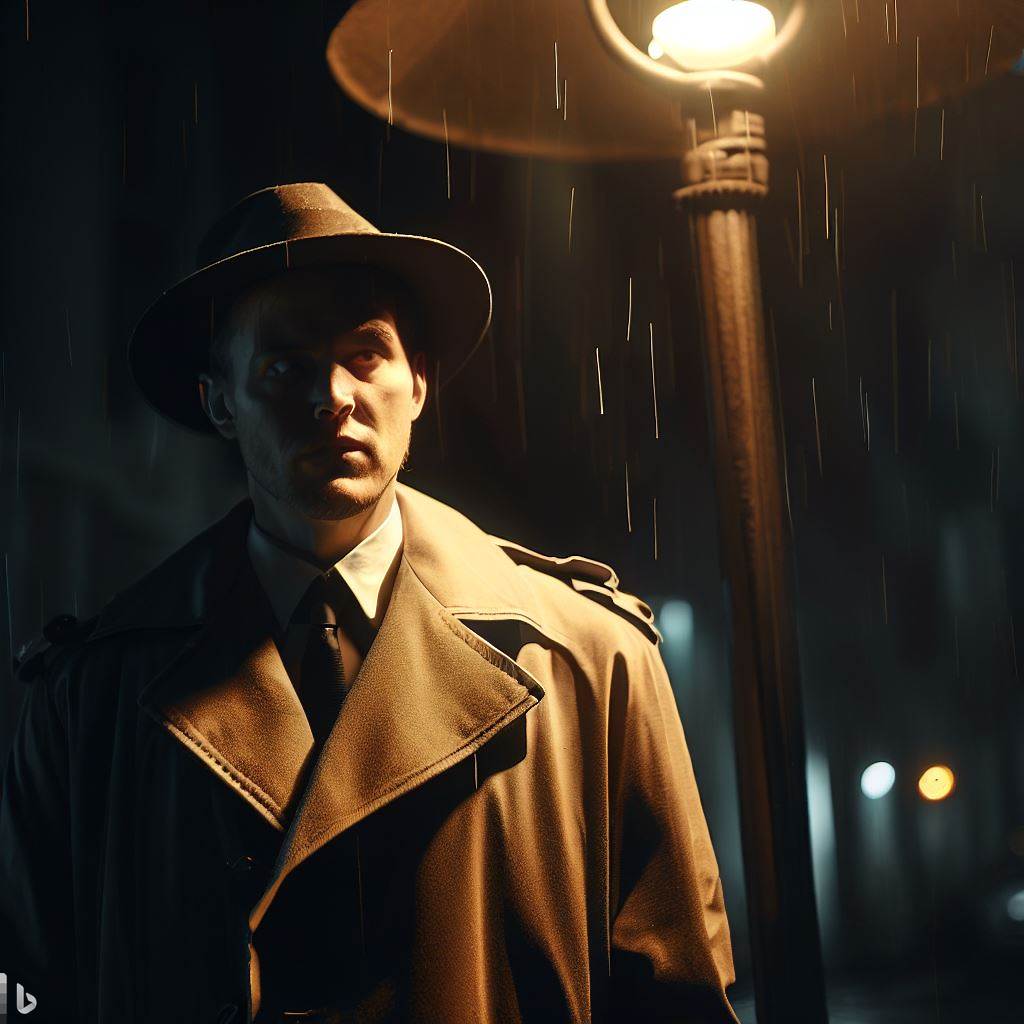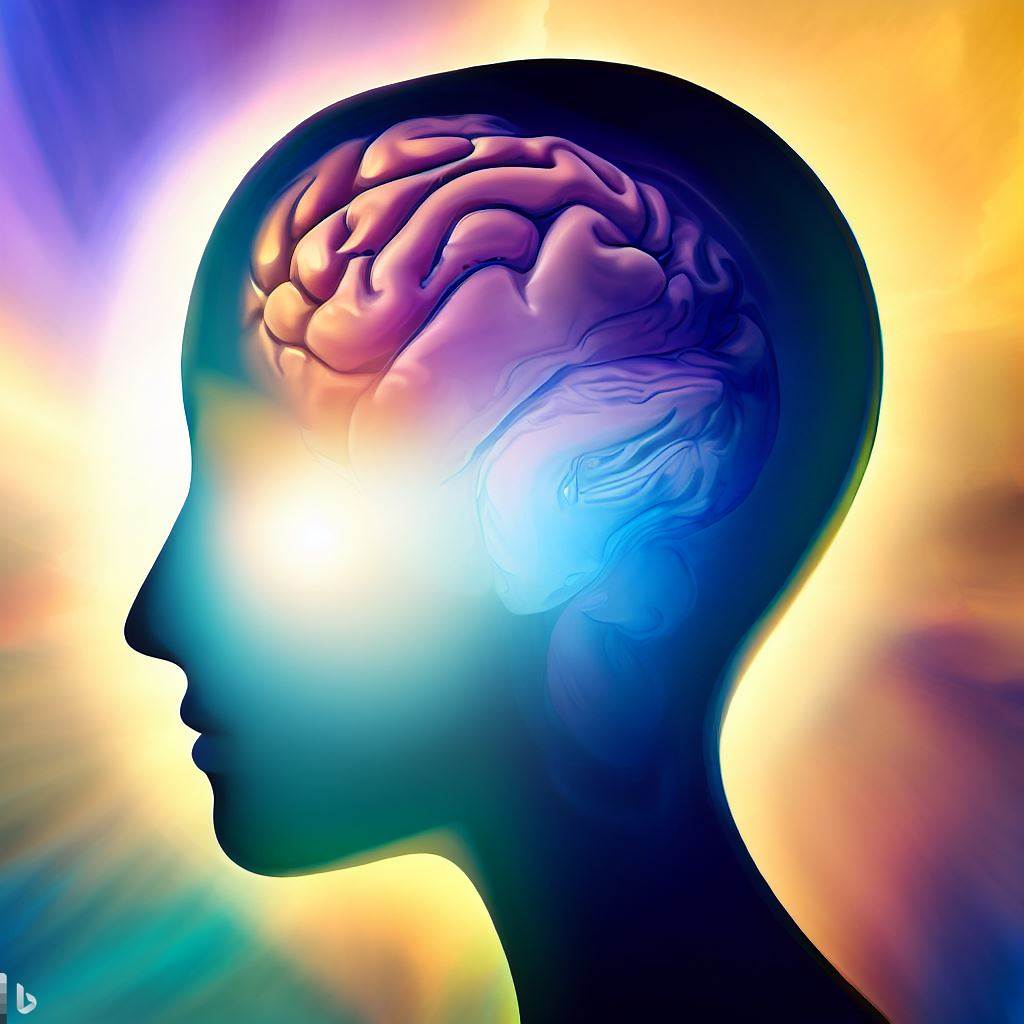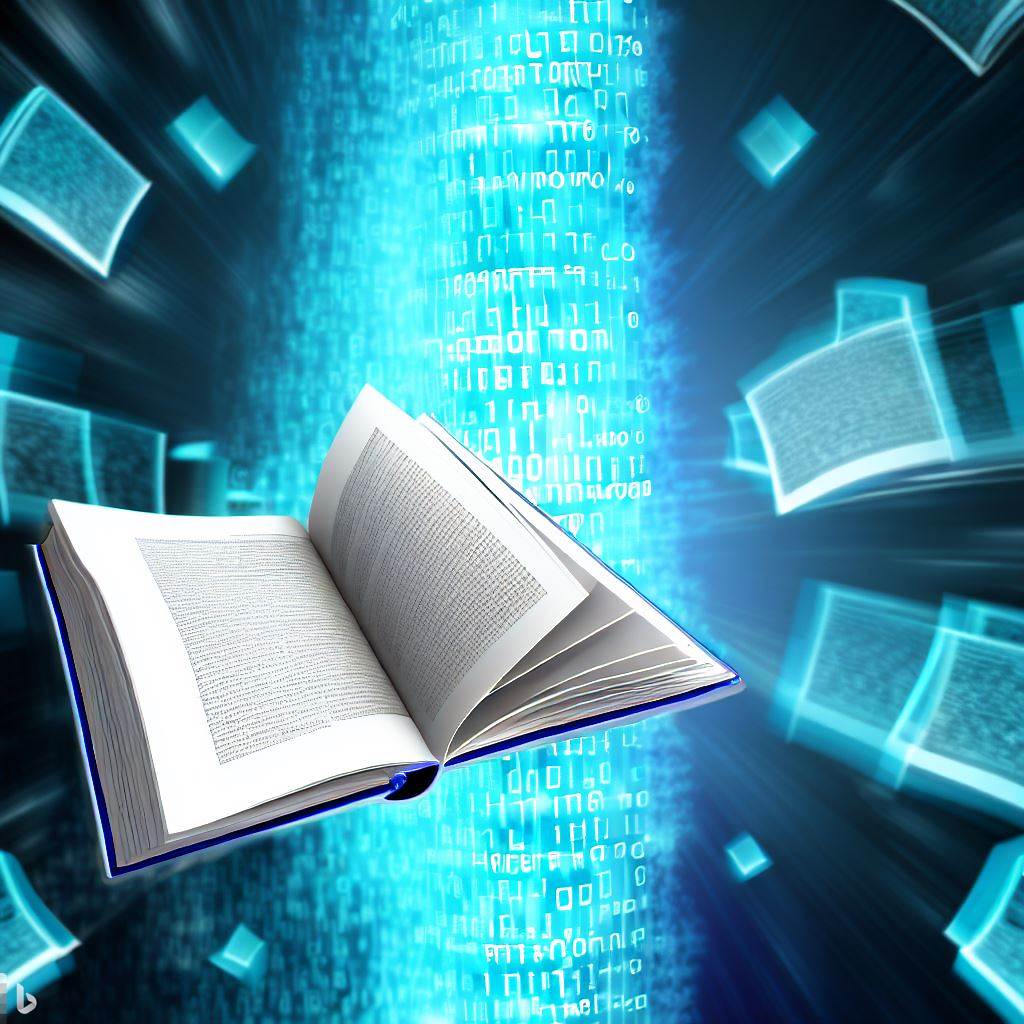
Introduction: A Journey Through the Pages of Well-being
Do you ever wonder how immersing yourself in a gripping novel or exploring the depths of human history through non-fiction can positively impact your mental health? Reading books offers an escape from the daily grind, transporting us to different worlds, cultures, and times. But did you know that there are science-backed benefits to reading that go beyond mere entertainment? Let’s delve into the world of books and discover how they can improve your mental health, backed by scientific research.
The Power of Books: Engaging the Mind and Soothing the Soul
- Reducing Stress According to a study by the University of Sussex, reading for just six minutes can reduce stress levels by up to 68%. Reading enables us to concentrate and escape from daily stressors, allowing our minds to relax and our bodies to unwind.
- Enhancing Empathy Reading fiction, in particular, has been linked to increased empathy. As we delve into the lives and emotions of characters, we develop a better understanding of other people’s experiences and emotions. As author, George R.R. Martin once said, “A reader lives a thousand lives before he dies… The man who never reads lives only one.”
- Boosting Cognitive Function Reading regularly keeps our minds sharp and helps improve cognitive function. A study by the National Institute on Aging found that older adults who engaged in mentally stimulating activities, like reading, had a slower rate of cognitive decline compared to those who did not.
- Improving Sleep Incorporating reading into your bedtime routine can lead to better sleep. Reading a physical book, as opposed to electronic devices, reduces exposure to blue light, which can interfere with your sleep cycle. Additionally, reading helps to relax your mind, making it easier to fall asleep.
- Building Resilience Reading about the struggles and triumphs of others can inspire us to overcome our own challenges. By gaining insights into the experiences of others, we can develop a greater sense of resilience and adaptability in our own lives.
Feed Your Mind: The Science Behind the Benefits
Why is reading so effective at improving mental health? The answer lies in the intricate workings of our brains. When we read, our brains are actively engaged in processing information, creating mental images, and making connections between ideas. This mental workout helps to strengthen our cognitive abilities, increase our empathy, and foster emotional intelligence.
Moreover, reading allows us to enter a state of ‘flow,’ where we become so absorbed in an activity that we lose track of time and our surroundings. This state of flow has been linked to increased happiness and overall well-being.
Conclusion: Turning the Page to a Healthier Mind
In conclusion, the power of reading to improve our mental health is undeniable. From reducing stress to building empathy, cognitive function, and resilience, books provide us with invaluable tools for mental well-being. As Marcel Proust once said, “There are perhaps no days of our childhood we lived so fully as those we spent with a favorite book.” So, why not take a break from the screens and pick up a good book today? Your mind will thank you for it.
Remember, the journey to improved mental health is just a page away. So, let’s embark on this adventure together and explore the boundless benefits that the world of books has to offer. Happy reading!
Frequently Asked Questions:
1. How does reading reduce stress?
Reading can reduce stress by allowing us to concentrate on the content of the book, which in turn helps to distract us from daily stressors. According to a study by the University of Sussex, just six minutes of reading can reduce stress levels by up to 68%.
2. Can reading improve empathy?
Yes, reading, especially fiction, has been linked to increased empathy. By exploring the lives and emotions of characters, readers develop a better understanding of other people’s experiences and emotions, which can help to enhance their empathy.
3. How does reading affect cognitive function?
Reading regularly keeps our minds sharp and helps improve cognitive function. Engaging in mentally stimulating activities, such as reading, has been shown to slow cognitive decline in older adults, according to a study by the National Institute on Aging.
4. Can reading help improve sleep?
Yes, incorporating reading into your bedtime routine can lead to better sleep. Reading a physical book, as opposed to electronic devices, reduces exposure to blue light, which can interfere with sleep cycles. Additionally, reading helps to relax the mind, making it easier to fall asleep.
5. How does reading build resilience?
Reading about the struggles and triumphs of others can inspire readers to overcome their own challenges. By gaining insights into the experiences of others, readers can develop a greater sense of resilience and adaptability in their own lives.
6. What is the connection between reading and the state of ‘flow’?
When we read, we can become so absorbed in an activity that we lose track of time and our surroundings. This state of flow has been linked to increased happiness and overall well-being. Reading provides an opportunity to enter this state of flow, contributing to improved mental health.
7. Is there a specific genre of books that is more beneficial for mental health?
While all types of reading can offer benefits for mental health, fiction has been particularly linked to increased empathy and emotional intelligence. However, non-fiction, self-help, and other genres can also provide valuable insights and contribute to personal growth and well-being. The key is to choose books that resonate with you and align with your interests.


